Medical Gastroenterology Treatment Hospital in Hyderabad
Treatment – Disorders & Conditions
There are many different treatments and diagnostic procedures carried out by the department efficiently with a high success rate, which makes Yashoda Hospitals shine as one of the best centers for gastroenterology in India. The center provides treatments such as:
- Upper GI Endoscopy: It is a procedure to diagnose and treat conditions of the upper gastrointestinal tract i.e. organs such as the esophagus, stomach, and duodenum. In this technique, an endoscope i.e. a thin long tube fitted with a camera is used which is put in the body through the mouth, then it is slowly pushed into the esophagus to the stomach, and small intestine. Images from the camera are then viewed on a monitor to detect the problem.
- Lower GI Endoscopy: It is a procedure to diagnose and treat conditions of the lower gastrointestinal tract i.e. mostly the colon and rectum.
- Colonoscopy: It is a procedure to diagnose or treat the problems associated with the colon and rectum. In this, a colonoscopy or a long, flexible tube is inserted into the rectum and the images from inside the colon are viewed on a monitor.
- Endosonography: It is a minimally invasive procedure to determine the gastrointestinal and lung conditions in which a special endoscope that uses high-frequency sound waves to produce images is used.
- Capsule Colonoscopy: It is a procedure in which the patient is asked to swallow a capsule that contains a small camera. As this capsule travels through the digestive tract, it takes thousands of pictures. It is performed for the diagnosis of conditions such as celiac disease, colon cancer, etc.
- Extracorporeal Shock Wave Lithotripsy (ESWL): It is a type of treatment for kidney stones in which high-energy shock waves are used to break down the stone into fragments, after which the fragments can easily pass through the urine.
- Esophageal Manometry: It is a technique that measures the length of the esophagus when the person swallows. Our center has the best experts to perform such intricate procedures.
- Rectal Manometry: It is a technique to measure the pressure and sensation in the rectum. It is most commonly used to determine the correct treatment of fecal incontinence or constipation.
- Management Of Acute Upper And Lower GI Hemorrhages
- Removal Of Polyps From Large Intestine
- Stent Placement: In the esophagus, colon, small intestine, bile duct, and pancreatic duct.
- ERCP (Endoscopic Retrograde Cholangiopancreatography): It is a diagnostic procedure that allows the surgeon to view pancreatic and bile ducts present in the body. This procedure also uses an endoscope and is most commonly used for the management of stones present in the bile duct and pancreatic duct.
- Transjugular Intrahepatic Portosystemic Shunt (TIPS): It is a procedure a shunt is used to connect two veins present in the liver. It is mostly performed in patients suffering from portal hypertension or other conditions. At our center, the procedure is performed in a top-class fashion.
Health Blogs for Gastroenterology
FAQ’s
What is the treatment for acid reflux disease?
Acid reflux disease can be treated by making certain lifestyle modifications such as eating a couple of hours before lying down, losing weight, wearing loose clothes as well as administering one or more classes of medications depending on the patient’s condition.
How are peptic ulcers treated?
Treatment of peptic ulcers is dependent on the cause of ulcers. The doctor usually prescribes a combination of medications depending on the condition.
What are the treatment options for hemorrhoids?
Hemorrhoids are usually treated by making lifestyle changes such as eating foods rich in fiber, topical treatments as well as other medications. At our center, the best team of doctors ensure that you are guided right so that your condition gets better soon.
What is irritable bowel syndrome? How is it treated?
Irritable bowel syndrome is a condition of the large intestine in which abdominal discomfort, pain, bloating, etc is experienced by the patient.
Some of the treatment options include eating foods rich in fiber, drink fluids, getting adequate sleep, as well as administering medications.





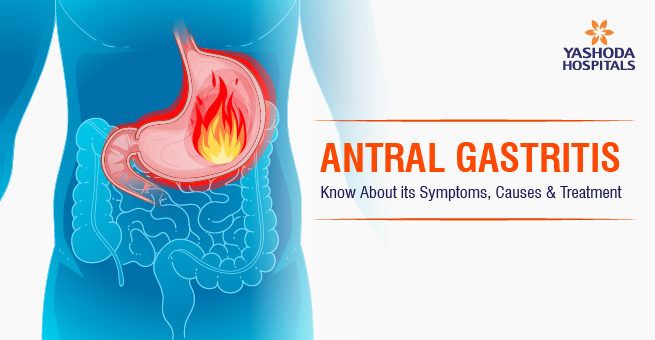
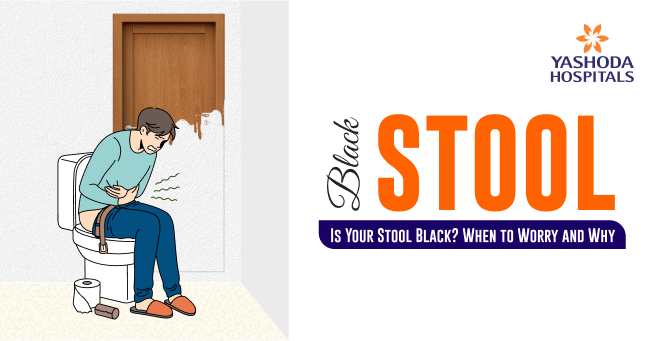
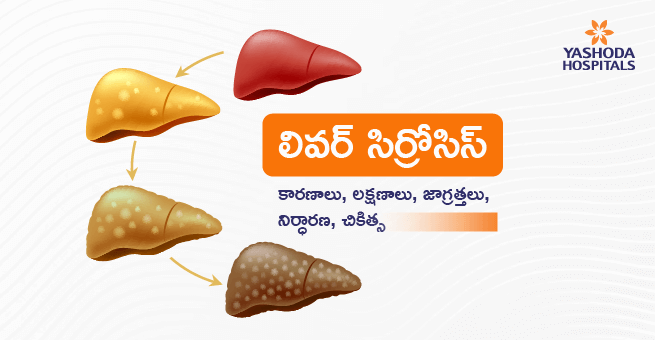
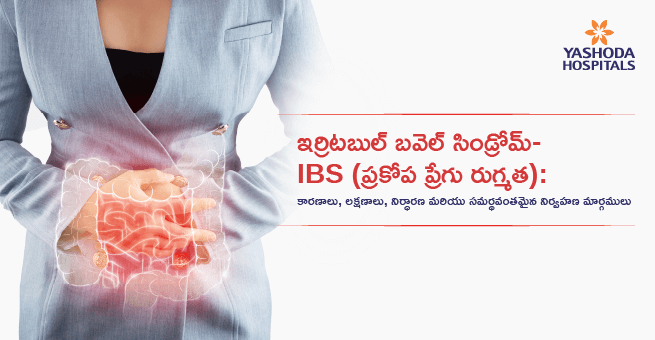
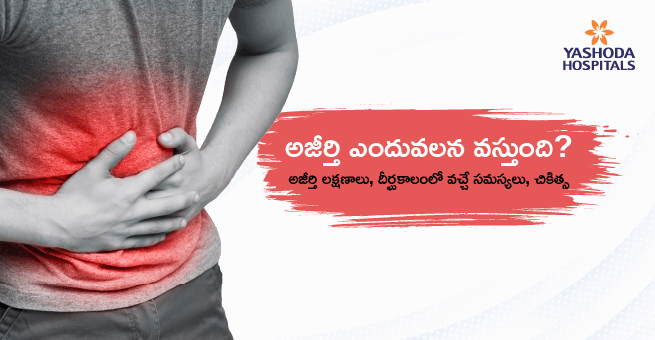
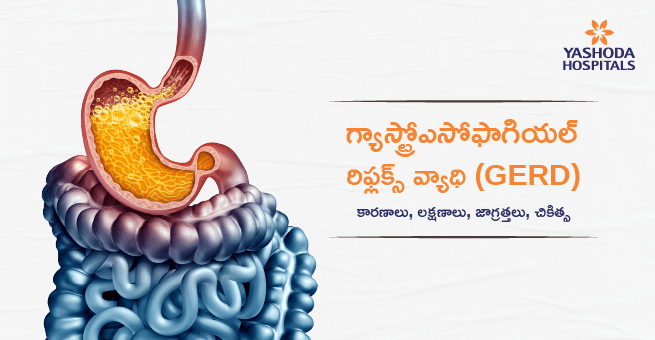
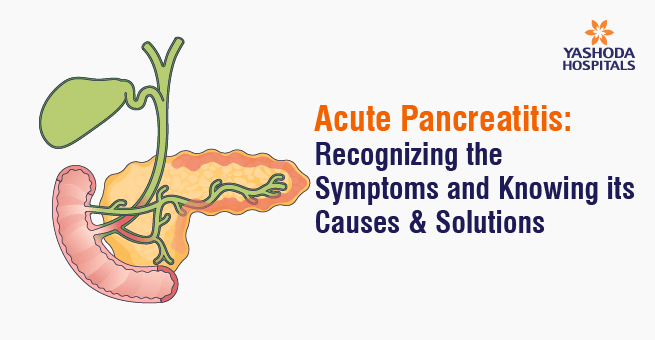
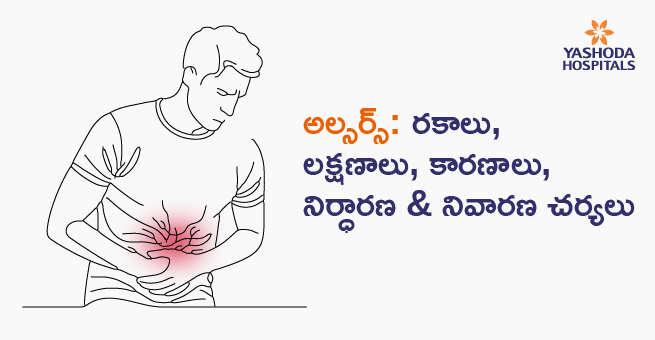
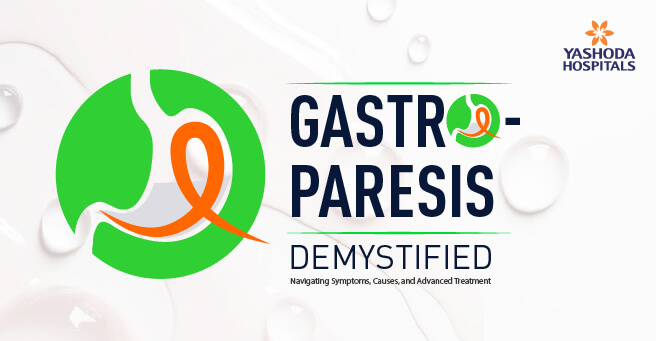

 Appointment
Appointment WhatsApp
WhatsApp Call
Call More
More